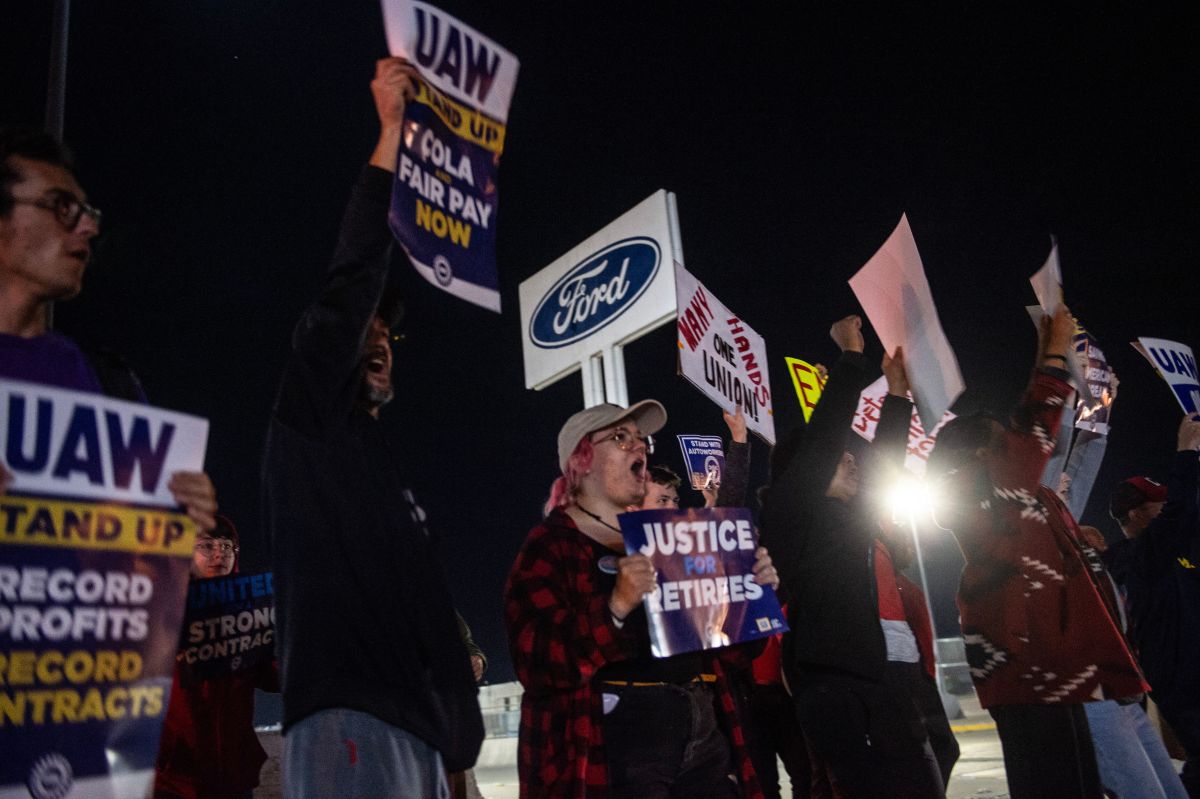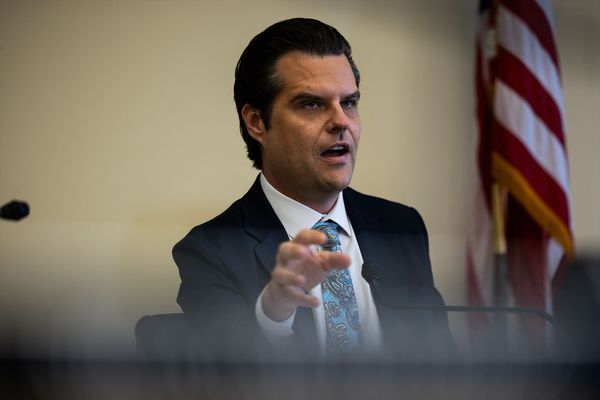
After failing to reach a deal with the Big Three Detroit automakers — General Motors (GM) -), Stellantis (STLA) -) and Ford (F) -) — thousands of members of the United Auto Workers union went on strike Sept. 15.
Rather than call a complete strike of all 146,000 members, union president Shawn Fain has instated a rolling strike, which he called a "stand-up strike." This first stage of the strike, historically impacting all of the Big Three automakers, involves a total of around 12,700 workers, spread across three major factories.
Related: How a UAW auto strike could be a problem for car buyers
“If they come to the pump and they take care of their workers, we’ll be back to work,” Fain said Friday. “But if they don’t, we’ll keep amping it up.”
"And it doesn’t matter how long it takes.”
The union is seeking 40% wage increases, a 32-hour work week and cost-of-living adjustments, among other things. And though automakers have come to the table with 20% wage increases and increased vacation time, the union wasn't interested.
“If implemented, the proposal would more than double Ford’s current UAW-related labor costs, which are already significantly higher than the labor costs of Tesla (TSLA) -), Toyota and other foreign-owned automakers in the United States that utilize non-union-represented labor,” Ford said in a statement.

As the strikes — which Anderson Economic Group estimated could cost the U.S. economy about $5 billion after 10 days — begin, Tesla, which does not employ union members, is the elephant in the room. And, according to several top analysts, the real winner of the strikes, especially if they are protracted, will be Tesla.
"It's an epic disaster for Detroit. When you look at it for Tesla, this is a game of high stakes poker and (Elon) Musk and Tesla are the winners," senior Wedbush analyst Dan Ives said. Even when a deal does go through and workers get back to the line, the costs of GM, Ford and Stellantis vehicles will spike by a few thousand dollars, making Tesla's position even stronger.
And if the strikes last for a few weeks or longer, Ives said, it could disrupt the electric vehicle plans of the Big Three, pushing their vital EV competition out to next year.
More Tesla:
- Tesla chief Elon Musk says he's 'not building a house anywhere' in wake of federal investigation
- Here's why the Tesla bears are very wrong, according to Wedbush analyst Dan Ives
- Tesla's hidden 'Elon Mode' has NHTSA regulators extremely concerned
"While the Detroit stalwarts battle with the UAW, there’s a bottle of champagne that’s being iced at Tesla headquarters," he said.
If the strikes end with the UAW winning a 25% wage increase, Deepwater Asset Management managing partner Gene Munster wrote, the labor costs of the Big Three will be more than 40% higher than Tesla's, further hurting their struggle to sell a profitable EV and further strengthening Tesla's EV dominance.
"My bottom line: While the Big Three will be forced to pay more for labor, they cannot afford it," Munster said. "It will give Tesla more room to keep prices low which should result in negative EV margins for the Big Three for the next two-plus years."
Get investment guidance from trusted portfolio managers without the management fees. Sign up for Action Alerts PLUS now.







